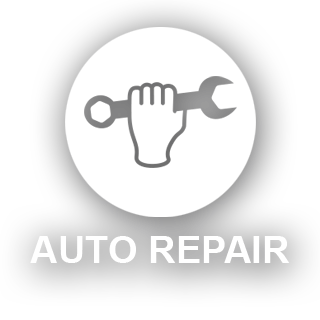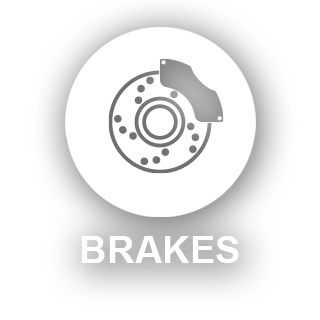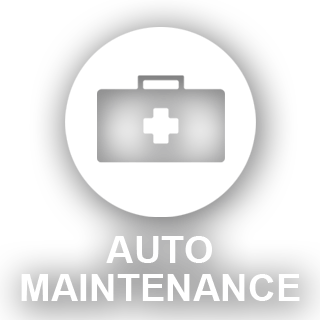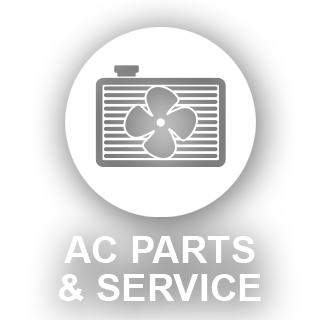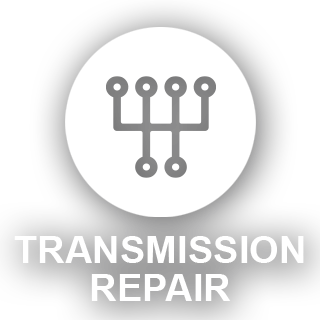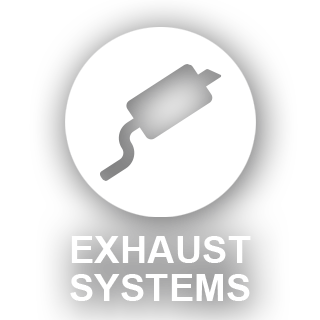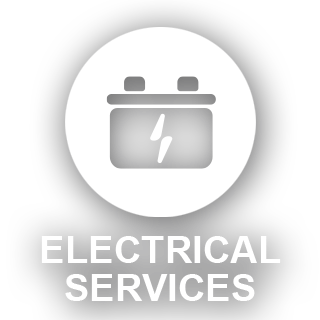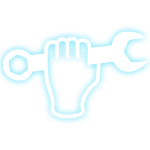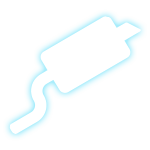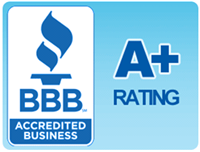Engine Overhaul Eugene, Oregon
Do you live in Eugene, Oregon (97401 or 97402)? Does it seem like no matter what you do, your engine seems tired and worn-out? Does it smoke, rumble, clink, pop, or groan? Have you changed all the filters, belts, spark plugs, and accessories to no avail? Do you love your car too much to consider giving up on it? Well, it may be time for an engine overhaul. At Eugene, Oregon, we have everything it takes to bring your tired engine back up to snuff.
An engine overhaul is not always the most affordable solution, but especially for older vehicles with venerable powertrains, it might be the only choice. Crate motors are readily available for many cars, often for less than the price of labor and parts involved in overhauling an existing engine. Even failing that, many motors can be salvaged from inoperable vehicles. When these options are not available, it’s time to turn to a trusted name in Eugene auto repair and service. It’s time to turn to Jackson’s Auto Care.
When do I need an Engine Overhaul?
The primary reason one might consider an engine overhaul is compression loss. Gasoline and diesel engines rely on pressure created during the combustion process to move the pistons which turn the crank and eventually power your vehicle. While many kinds of engine problems can be solved simply and cheaply, compression loss is not one of these problems. Compression loss occurs when the seals trapping explosive combustion gasses inside the combustion chambers of your engine fail, allowing pressurized combustion gasses to enter other parts of the engine. Some common failures include:
Piston Rings
Piston rings float between your pistons and piston bores. They keep oil from intruding into the combustion chamber, as well as providing for a tight seal to preserve compression. When piston rings fail, you might notice a number of symptoms. First among these is a notable loss of power. You might notice rough running and light blue smoke exiting the exhaust pipe.
Valvetrain Seals
Several different seals work together within the valve train to maintain compression within an engine. Failure in any of these seals is a very serious concern. Symptoms of a failed valvetrain seal include loud ticking noises from the valve train, rough running, and light blue smoke exiting the exhaust pipe.
Head Gasket
The head gasket is a piece of ductile metal that seals the head, containing the valve train, to the engine block, containing the pistons and crank. When the head gasket fails, coolant mixes with oil within the engine block. Compression is also compromised. The telltale sign of a failed head gasket is rough running and white exhaust smoke.
What is an Engine Overhaul?
To understand why you might need an engine overhaul, it’s important to understand how engines work. In the world of automobiles, there are two basic choices for internal combustion power in an automobile. The first is the conventional spark-ignited gasoline engine. The other is the compression-ignited diesel engine. Both rely on tight fits between many different components to function efficiently and effectively.
A spark-ignited gasoline engine can fail in any number of ways. Especially on modern cars, a bevy of electronic components and emissions gear can go an any moment, transforming your once-useful transportation into a lawn ornament. Yes, the Eugene auto mechanics at Jackson’s Auto Care can also fix these problems… but excess mechanical wear is a different beast entirely.
In a gasoline engine, high revolutions per minute and precision drivetrain engineering allow for both high horsepower applications and doggedly reliable operation (though not often in the same package.) This precision drivetrain engineering starts in the valve train, which might be actuated by a single camshaft embedded in the block (as in a Small-Block Chevy and all its modern iterations) acting on the valves via pushrods, or as many as four camshafts set in the heads themselves (as in most modern engines.) We call the former “overhead valve” engines (or OHV) and the later “overhead cam” engines (or OHC) engines.
The valve train is one of the places where the need for an engine overhaul might manifest. Worn valves lead to what is known as “blow-by,” which happens when gasses escape through the valves during the compression stroke. This can lead to any number of issues: hesitation while accelerating, engine backfiring, and spark plug fouling are just the beginning. A worn drivetrain might continue to run for tens of thousands of miles, but every new mile is another mile where the rest of the engine is being effected. In the worst-case scenario, a valve might break or shatter, in which case not only will your vehicle likely be undrivable – it will almost certainly require an overhaul, since tiny pieces of hardened steel running rampant throughout your car’s block inevitably scratch and score the cylinder walls and can cause other valve to shatter as well.
The cylinder bores are where the real action happens. It is the passage of the piston through the cylinder bores that creates the compression necessary for clean and efficient ignition. Even in cars which have been immaculately maintained, engineering can cause cylinder bore wear over time. Cylinder bore wear can drastically decrease your engine’s output, as well as negatively effect your oil. As particles of metal and soot enter your own through the grooves cut in worn cylinder walls, your oil goes from being a lubricant to a carrier of abrasive agents. You do not want abrasive agents in your lubricant, for obvious reasons.
When you need to overhaul your cylinder bores, you must also replace your pistons. Typically, whatever damaged your cylinder bores in the first place also damaged your pistons. And because re-honing your cylinder bores requires removing enough material to completely smooth them out, this means the cylinder bores end up being slightly bigger than they were from the factory. Installing factory pistons into a block that has been re-bored would increase the distance between the cylinder walls and the piston enough to allow combustion gasses to escape easily, thus defeating the purpose of your engine overhaul all together.
When you are replacing your pistons, there is always the opportunity to dial in a little more performance out of your car. As far as pistons go, a few factors determine the performance benefits they might provide. The first is compression ratio. Compression ratio is controlled by the shape of the piston’s top and the shape of the combustion chamber. When a piston allows more space in the combustion chamber, this will lead to a lower compression ratio. When the piston squishes the air into a smaller space in the combustion chamber, this leaders to a higher compression ratio. A higher compression ratio means that a car can generate more power from the same amount of fuel, since power is determined by the ferocity of the explosion within the combustion chamber. Higher compression leads to a more violent explosion, and therefore more power.
In a diesel engine, the compression ratio is all that matters. Diesel engines work at lower RPMs than gasoline engines do, since their compression ignition loses volumetric efficiency at high speeds. At low speeds, however, diesel engines create substantially more torque with substantially less fuel than their spark-ignited cousins. This means that the health of your valvetrain and rotating assembly is especially important.
Most modern diesels (and increasingly, high-performance motors in general) benefit from turbocharging. Turbocharging harnesses energy usually lost through exhaust to pressurize air before it enters the engine. This pressurized air effectively increases the compression ratio of the engine, with the expected increase in performance following. Of course, turbocharged engines rely even more heavily on a tightly-sealed and well-maintained engine to function effectively. The increased pressure and heat necessitate specially-fortified pistons, valvetrain components, and blocks to deal with the extra stress. Incidentally, this is why it generally a poor idea to install aftermarket turbochargers on naturally-aspirated cars. However, if you were really interested to see what an engine overhaul looks like in real life, this might not be a bad idea. We would not recommend it, however.
Engine overhauls come in two basic forms. A in-chassis overhaul does not involve removing the engine from your vehicle. The head will typically be removed from the block. All valves, valve seals, cams, rocker arms, rollers and hardware will checked and replaced if damaged. The pistons will be removed and fitted with new rings. All seals, bearings, and guides will be checked and replaced if necessary. A major overhaul involved removing the entire engine from the chassis. It includes every service performed during an in-chassis overhaul, plus stripping everything off the engine and replacing most moving parts with factory-spec parts.
Eugene, Oregon Engine Overhauls
When your engine needs an overhaul in Eugene, Oregon, look no further than Jackson’s Auto Care. Our experience team of mechanics has the knowhow to bring your old, tired engine back to life again. Call Jackson’s Auto Care today to schedule a consultation!
Here are some of the services we offer at our AAA-Approved Auto Repair facility:
Select an icon below to view more information.


